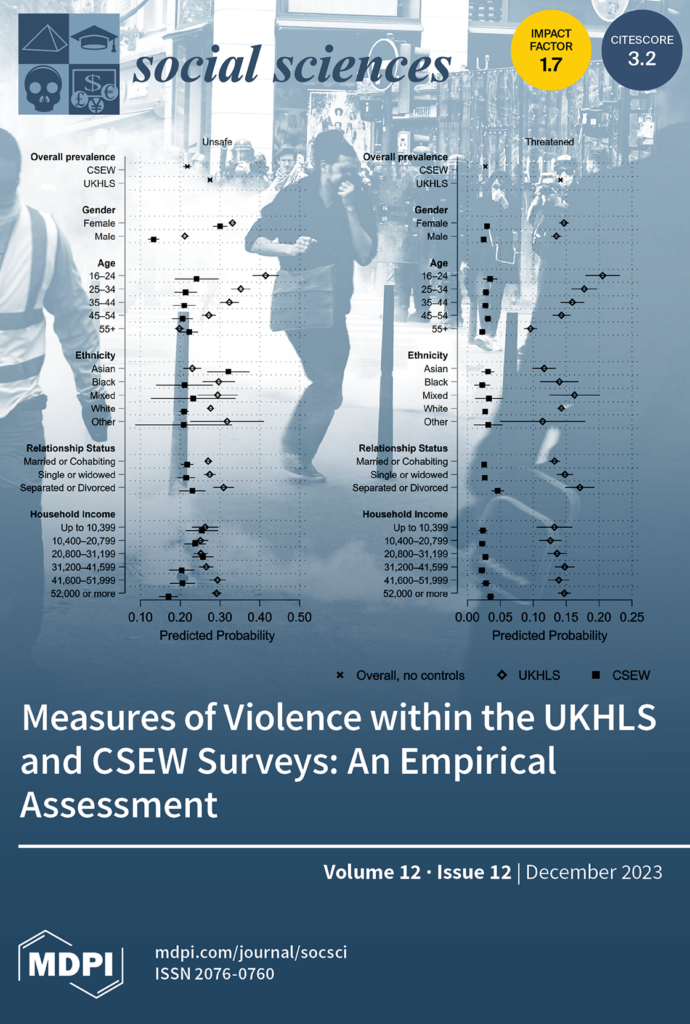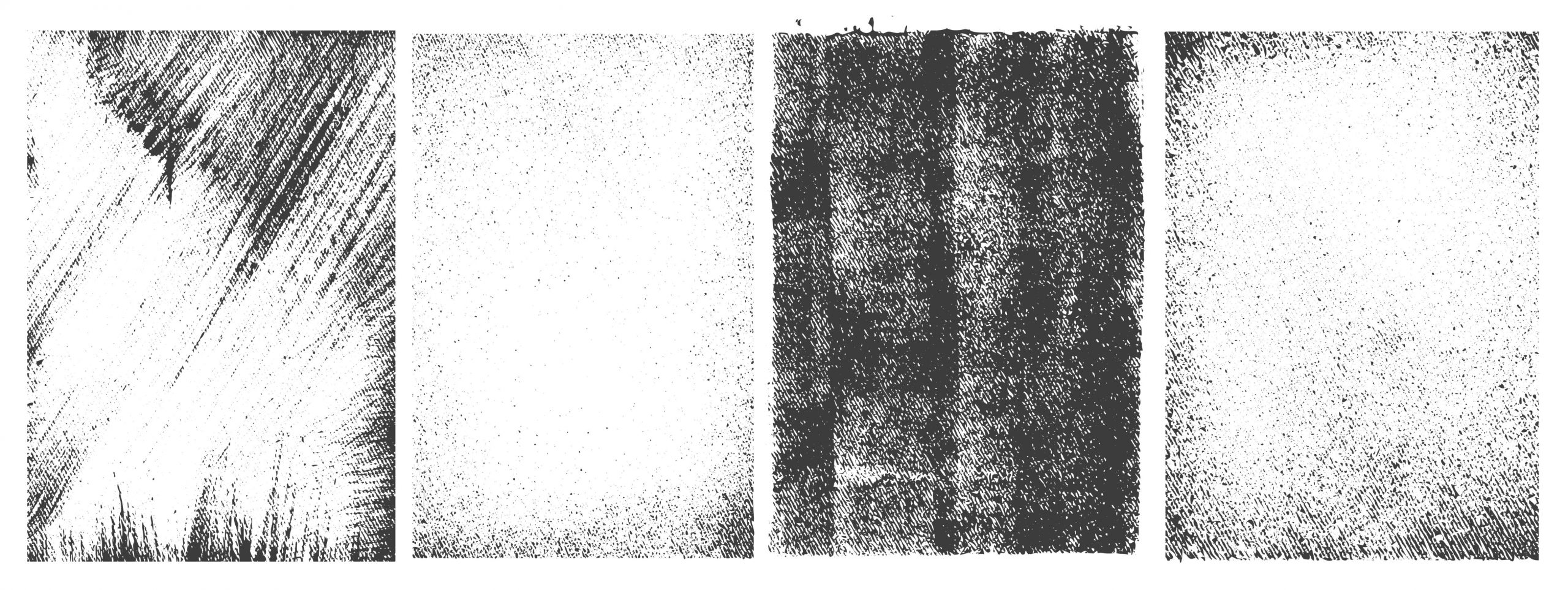Criminology hindered by lack of longitudinal data to study consequences of victimisation

VISION researchers Dr Vanessa Gash and Dr Niels Blom write in their latest publication, Measures of Violence within the United Kingdom Household Longitudinal Survey and the Crime Survey for England and Wales: An Empirical Assessment, that the field of criminology has been hampered by a lack of longitudinal data to examine the consequences of victimisation.
However, recently, ‘Understanding Society’, the United Kingdom Household Panel Survey (UKHLS), began fielding a small battery of questions relating to violence experience. Here, we examined the strengths and weaknesses of these UKHLS measures with similar indices from the Crime Survey for England and Wales (CSEW), a widely used and regarded but cross-sectional survey.
Vanessa and Niels empirically assessed the extent to which the UKHLS variables are comparable with those in the CSEW to determine the viability of the UKHLS for the longitudinal study of (fear of) violence and its consequences.
Overall, they regarded the UKHLS to provide an important resource for future panel research on the consequences of victimisation. They found the indicators measuring physical assault to be similar in both sets of data, but also noted differences in prevalence and/or different distributions by socioeconomic group for the indices relating to being threatened and of feeling unsafe.
Nonetheless, Vanessa and Niels maintain their utility for researchers in this field, allowing researchers to uncover new inequalities in violence exposure.
For further information please see: Measures of Violence within the United Kingdom Household Longitudinal Survey and the Crime Survey for England and Wales: An Empirical Assessment
Or contact Dr Vanessa Gash at vanessa.gash.1@city.ac.uk
Illustration by People Images – AI on Adobe Stock (licensed)




